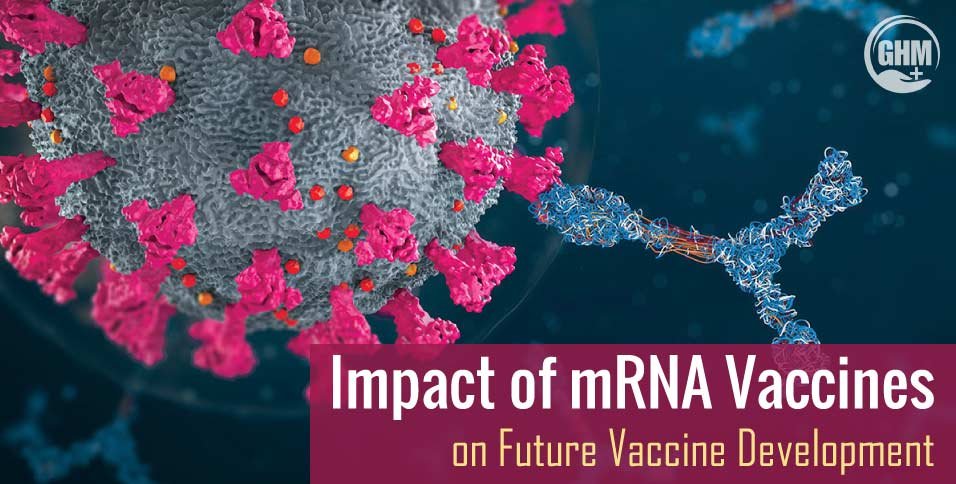In recent years, mRNA vaccines have catapulted into the spotlight, particularly with the emergence of COVID-19. These groundbreaking vaccines, including the Pfizer-BioNTech and Moderna shots, have not only been instrumental in combating the pandemic but have also ushered in a new era of vaccine development. This article delves into the transformative impact of mRNA vaccines on the future of vaccine development.
Understanding mRNA Vaccines
Messenger RNA (mRNA) vaccines represent a novel approach to vaccination. Unlike traditional vaccines, which use weakened or inactivated pathogens, mRNA vaccines provide the body with a genetic blueprint. This blueprint instructs cells to produce a harmless spike protein, triggering an immune response. The immune system then “learns” to recognize and neutralize the spike protein, offering protection against the actual virus.
Speed and Flexibility
One of the most notable advantages of mRNA vaccines is their rapid development potential. When the COVID-19 pandemic emerged, scientists swiftly adapted the mRNA vaccine technology to target the novel coronavirus. This agility is crucial in responding to emerging infectious diseases.
Moreover, mRNA vaccine platforms can be adapted for various pathogens, potentially revolutionizing vaccine production. This adaptability holds promise for diseases like influenza, where the virus mutates frequently, necessitating annual vaccine updates.
Reducing Manufacturing Complexity
Traditional vaccine production often involves complex processes, making scalability a challenge. mRNA vaccines, however, can be produced more efficiently. This simplification could expand access to vaccines in resource-limited regions.
Safety and Efficacy
The safety and efficacy of mRNA vaccines have been rigorously tested. Clinical trials and real-world data have shown remarkable effectiveness in preventing COVID-19. Side effects are typically mild and short-lived, primarily consisting of sore arms and temporary flu-like symptoms.
Challenges and Future Directions
Despite their promise, mRNA vaccines face certain challenges. Cold storage requirements, while improved, remain a logistical hurdle. Additionally, addressing vaccine hesitancy and ensuring equitable access are ongoing concerns.
Future developments may involve optimizing mRNA vaccine technology, potentially expanding its application to other diseases. Researchers are exploring the potential of personalized mRNA vaccines tailored to an individual’s genetic makeup, offering a highly customized approach to vaccination.
Conclusion
mRNA vaccines have undoubtedly left an indelible mark on the landscape of vaccine development. Their speed, adaptability, and efficacy in combatting COVID-19 have underscored their potential to reshape the future of immunization.
As researchers continue to refine this technology and address its challenges, we stand at the threshold of an era where vaccines can be developed swiftly, efficiently, and effectively against a wide array of infectious diseases. The impact of mRNA vaccines on future vaccine development is poised to be transformative, offering hope for a healthier and more resilient world.



















